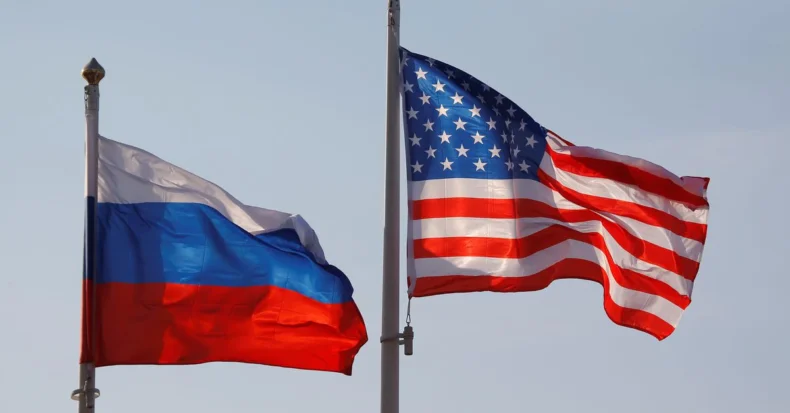Following the invasion of Ukraine, the U.S. imposed restrictions on the shipment to Russia of a wide range of US-made products as well as foreign-produced goods incorporating U.S. technology.
According to six experts on U.S. trade law, here is how the rules are projected to affect US IT companies.
What technology is now no longer exportable to Russia?
Companies in the United States must seek licenses in order to sell computers, sensors, lasers, navigation tools, telecommunications, aerospace, and maritime equipment. Almost all requests will be denied by the U.S.
“We expected something big, and this was absolutely sweeping,” said Ama Adams, a partner at the legal firm Ropes & Gray.
The new laws also require enterprises who manufacture technology items in other countries using U.S. tools to obtain a U.S. license before shipping them to Russia.
A similar ban was first enforced on enterprises shipping to the Chinese technology giant Huawei in recent years, with considerable success.
Which companies in the United States will be the most affected?
According to legal experts, many corporations may choose to halt all sales to Russia out of caution. According to Dan Goren, a partner at legal firm Wiggin and Dana, a client that manufactures electrical equipment, had already held shipments to a Russian distributor on Thursday.
According to census data, U.S. exports to Russia were limited to around $6.4 billion last year, with machinery and autos being major categories in previous years.
The most serious technological blows to Russia could come from trade restrictions on foreign goods.
The Semiconductor Industry Association (SIA), which represents U.S. chipmakers, stated that “Russia is not a large direct consumer of semiconductors” and that Russia’s communications and technology investment in 2019 “totaled only around $25 billion out of a multi-trillion worldwide industry.”
However, many Asian items bound for Russia contain chips built with American tooling. Over a dozen European Union members and the United Kingdom, Canada, Japan, Australia, and New Zealand have imposed similar export restrictions on Russia to limit its options.
What will be the repercussions for Russia?
According to Emily Kilcrease, a senior fellow at the Center for a New American Security and a former deputy assistant U.S. Trade Representative, the limits will freeze Russia’s technology at its current level.
“You won’t be able to import new technology,” she predicted.
A steady escalation of damage is expected, according to William Reinsch, a trade expert at the Center for Strategic and International Studies and a former Commerce Department export officer.
“They’ll hurt eventually,” he said, “but not for months.” “It’s not a direct hit to the body.”
The restrictions and penalties are not as broad as those imposed by the United States on Iran and North Korea, but they could have broader worldwide implications since Russia is more linked with the global economy, according to experts.
What do the changed restrictions not influence technologies?
Carve-outs for consumer items, including household gadgets, humanitarian aid, and flight-safety technologies, are among the measures. Cell phones are allowed as long as they are not given to Russian government workers or certain affiliated organizations.
According to one attorney, consumer encryption technology is also unrestricted, indicating that the U.S. and its allies do not intend to disrupt demonstrators and journalists.
Nothing prevents the United States from imposing sanctions on additional items in the future.
South Korea was not identified as a partner on the guidelines, but Kilcrease believes that its help would be crucial in preventing Russia from obtaining chips from there.
According to a senior U.S. administration official, more countries are anticipated to join.
A request for comment from the South Korean Embassy in Washington was not immediately returned.
South Korea announced on Thursday that it will join certain multilateral economic penalties against Russia in response to its military activities in Ukraine but that it will not take unilateral action.
Which businesses stand to benefit from the new rules?
According to Kilcrease and legal experts, Chinese technology companies may try to fill some vacancies created by limits on Western tech companies, though the U.S. guidelines would discourage them. However, a senior U.S. government official stated that China is unable to meet Russia’s critical military requirements, particularly for the most advanced processors.
Published By- Bharat Anand
Editor- Kritika Kashyap













